Each society is constituted by individuals that are unique and diverse from each other. Diversity within any group or society is a winning factor. It implies the presence of different viewpoints and ideas that can significantly empower the group, leading to effective results.
Launched in June 2022, this Gender Equality in Informatics webinar series aimed to contribute to sharing best practices as well as relevant research about gender equality and diversity in computer science. The series is a way to strengthen both the understanding as well as the action perspective of this topic.
Informatics Europe, in collaboration with European Network for Gender Balance in Informatics (EUGAIN) COST Action, organised this webinar series.
Past Webinars
Challenges and Opportunities of Gender Inclusion Worldwide in Open-Source Software
Speaker: Ayushi Rastogi, University of Groningen (the Netherlands)
Watch the webinar here and download the presentation here.
Read More
Date: 10 July 2023 (Mon) at 5pm CEST

Abstract:
The gender gap in the software industry is alarming and varies across regions. Are there different factors influencing gender differences worldwide? Do we need unique solutions to bridge the gender gap regionally? This talk shows how gender diversity has evolved with insights from open-source software. There is a silver lining with small yet significant improvements in gender diversity since 2014. The talk further presents the challenges and opportunities in gender inclusion worldwide.
About the speaker: Dr. Ayushi Rastogi is an Assistant Professor in Software Engineering at the University of Groningen, the Netherlands. Over the years, she analyzed signals from software development activities to understand and improve developer productivity and promote diversity and inclusion. Several of her works are in collaboration with software companies, including Microsoft and Meta, and academic partners worldwide. She continues to solve problems relevant to the software industry and society. She is a member of the Equity, Diversity, and Inclusion working groups in the IPN - the Dutch ICT community, and Informatics Europe.
Several Female Support Activities Later – What have we learned?
Speaker: Gerti Kappel, TU Wien (Austria)
Watch the webinar here and download the presentation here.
Read More
Webinar Date: 19 June 2023 (Mon) at 5pm CEST
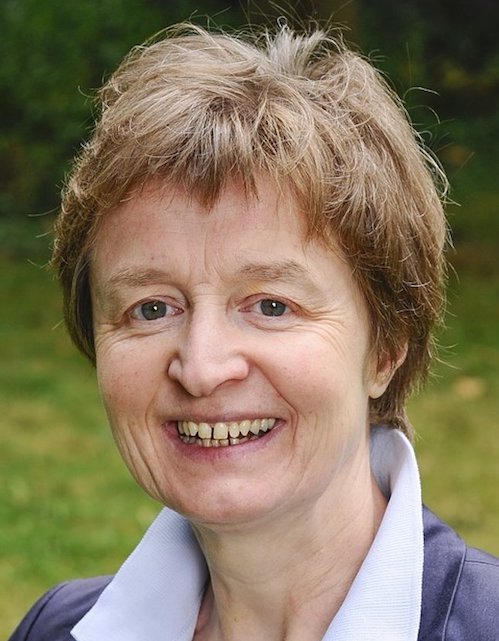
Abstract:
After 20+ years of implementing, nudging, and pushing female support measures at TU Wien, the learnings have become obvious. It’s all about role models, early opportunities to get in touch with computational thinking, starting even in primary school, networking opportunities from the very beginning when female students enter university, and affirmative action. The webinar will shed some light on our findings and showcase the path to receiving the 2022 Informatics Europe Minerva Equality Award.
About the speaker: Gerti Kappel is dean of the Faculty of Informatics of TU Wien since beginning of 2020. She has been a full professor of business informatics at the Institute of Information Systems Engineering at TU Wien since 2001 and heads the Business Informatics Group. Previously, she was a full professor of computer science (database systems) and head of the Information Systems Department at Johannes Kepler University Linz from 1993 to 2001. From 2004 to 2007, she was Dean of Studies for Business Informatics. From 2003 to 2007, she initiated and led the internationally renowned Women Postgraduate College of Internet Technologies (WIT, www.wit.at), which paved the way for several ongoing support programs for women at university level. From 2014 to 2017, she was on the Board of Trustees of the Austrian Science Fund (FWF). From 2016 to 2019 she was on the Dean's Team of the Faculty of Informatics, responsible for Research, Diversity and Finance. Her current research interests include Model Engineering, Web Engineering, and Process Engineering with a special focus on cyber-physical production systems. Her concern for the unity of research and teaching is evidenced by the scientific textbooks "UML@Work" (dpunkt.verlag, 3rd edition, 2005, co-author), "UML@Classroom " (Springer, 2015, co-author) and "Web Engineering" (Wiley, 2006, co-editor).
The Gender-Equality Committee at IRISA/Inria Rennes
Speakers: Nicolas Markey, Camille Maumet, Anne Siegel, IRISA/Inria Rennes (France)
Watch the webinar here and download the presentation slides here.
Read More
Webinar Date: 22 May 2023 (Mon) at 5:00pm CEST
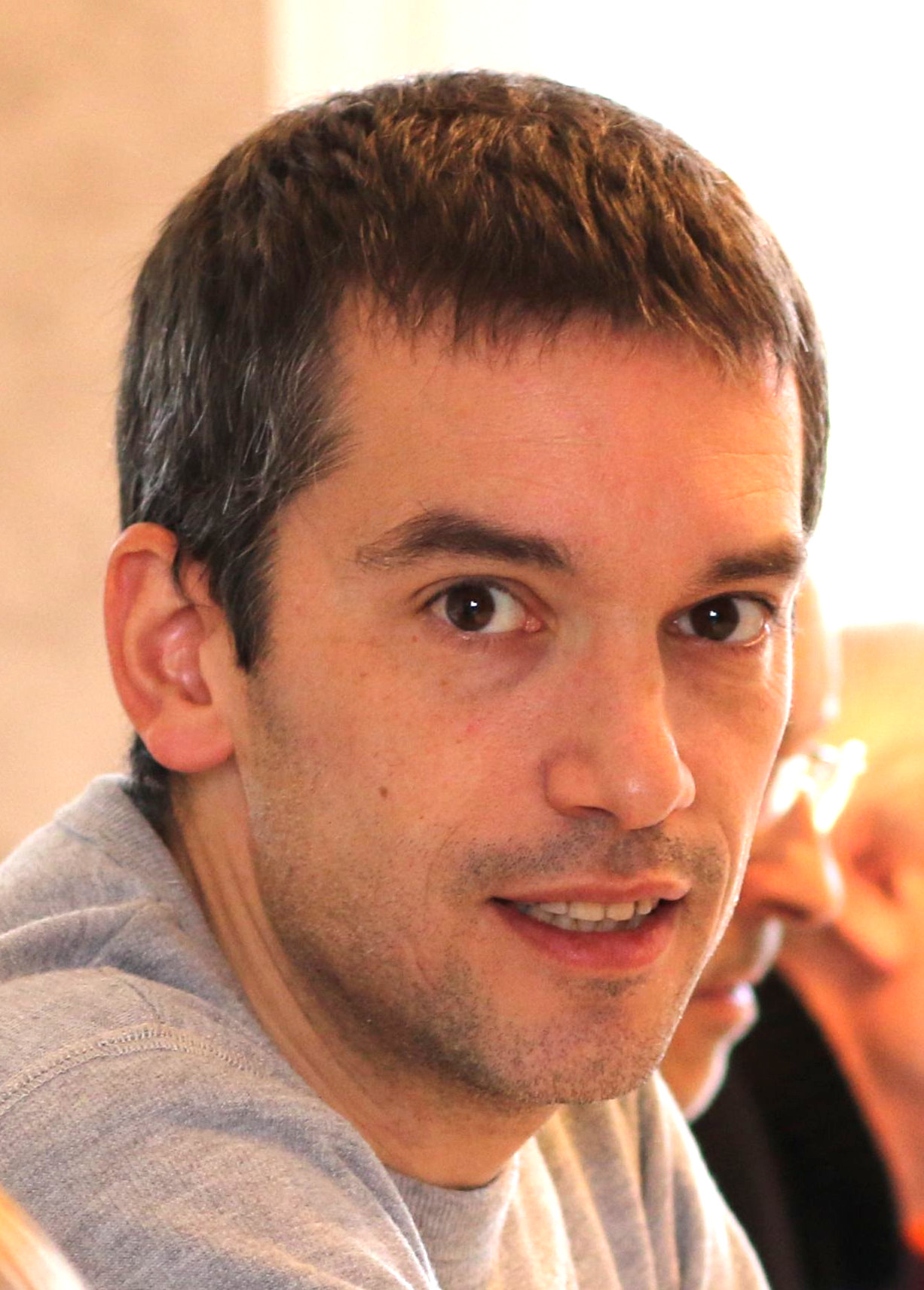
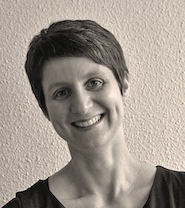
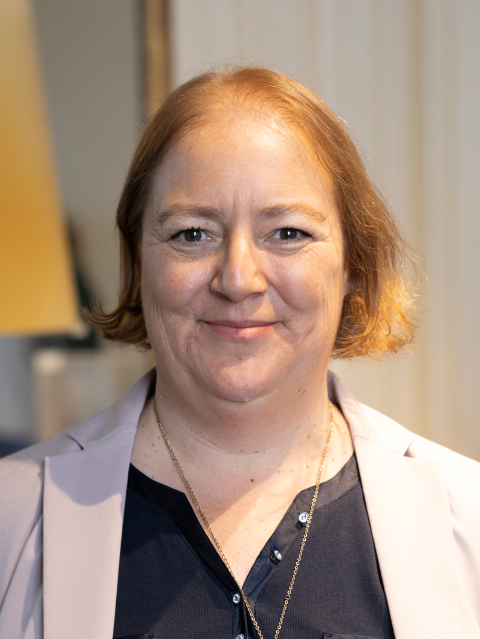
Abstract:
The gender-equality committee of IRISA and Inria Center at Rennes University was created in 2017. It gathers ca. 15 active members, who have initiated numerous actions to help women blossom and develop their careers in the institute's 80%-masculine laboratory; these actions include a mentoring programme, coaching for applications, women-only discussions, a library of feminist books, a series of conferences on topics related to gender equality, etc. The speakers will present some of these actions and the impact they had in the lab, and discuss our plans for the future.
About the speaker:
Nicolas Markey is a CNRS researcher at IRISA/Inria Rennes. His research focus is in the development of formal methods for ensuring correctness of computer systems, especially with quantitative aspects. He obtained his PhD in computer science from University of Orleans in 2003 on the study of various temporal logics for model checking, and spent a one-year postdoctoral stay at Université Libre de Bruxelles, working on verification and synthesis of real-time systems. He was recruited at CNRS in 2004, working at École Normale Supérieure de Cachan, before joining Rennes University in 2016. He supervised 12 PhD students and 9 postdoc students. He participated in several national and european projects, and in particular was the coordinator of the H2020 Fet Open project Cassting. He currently is responsible for the department "Languages and Software Engineering" at IRISA.
Camille Maumet is a research scientist in neuroinformatics at Inria, Univ Rennes, CNRS, Inserm in Rennes, France. She studies neuroimaging reproducibility. Her current research focuses on the variability of analytical pipelines and its impact on our ability to use and reuse brain imaging datasets. She obtained her PhD in computer science at the University of Rennes on the analyses of clinical neuroimaging datasets in functional magnetic resonance imaging. She was then a postdoctoral research fellow at the University of Warwick and the University of Oxford, where she focused on meta-analyses and standards for neuroimaging data sharing. She is also an open science advocate, involved in the development of more inclusive research practices and community-led research and participates in many collaborative efforts including Brainhack, the INCF, and the Open Science Special Interest Group of the Organization for Human Brain Mapping that she chaired in 2020.
Anne Siegel is a research director at CNRS since 2010 and works at the IRISA lab, the Institut de recherche en informatique et systèmes aléatoires, in Rennes, in the Bioinformatics Dyliss Group. Her research activities in bioinformatics are focused on interfaces between computer sciences and biology: she develops symbolic methods for knowledge representation and integration, in order to analyse large-scale biological systems. She obtained her phD in mathematics at the University of Aix-Marseille. She served in different national committees (comité national du CNRS, inria evaluation committee). She was the leader of the Dyliss bioinformatics team in the laboratory and then the head of the department “Data and knowledge management”. She also served as Scientific deputy and now as Deputy Scientific Director for the computer science department of the headquarters of CNRS. She was involved in several gender equality initiatives: inria gender equality committee, creation of the IRISA-lab gender equality group, and now in charge of the gender equality policy in the computer science laboratories of CNRS.
Promoting Gender Balance and Diversity in Informatics Through A Better Involvement of Young People
Speaker: Anna Szlavi, Norwegian University of Science and Technology (Norway)
Watch the webinar here and download the presentation slides here.
Read More
Webinar Date: 8 May 2023 (Mon) at 5:00pm CEST
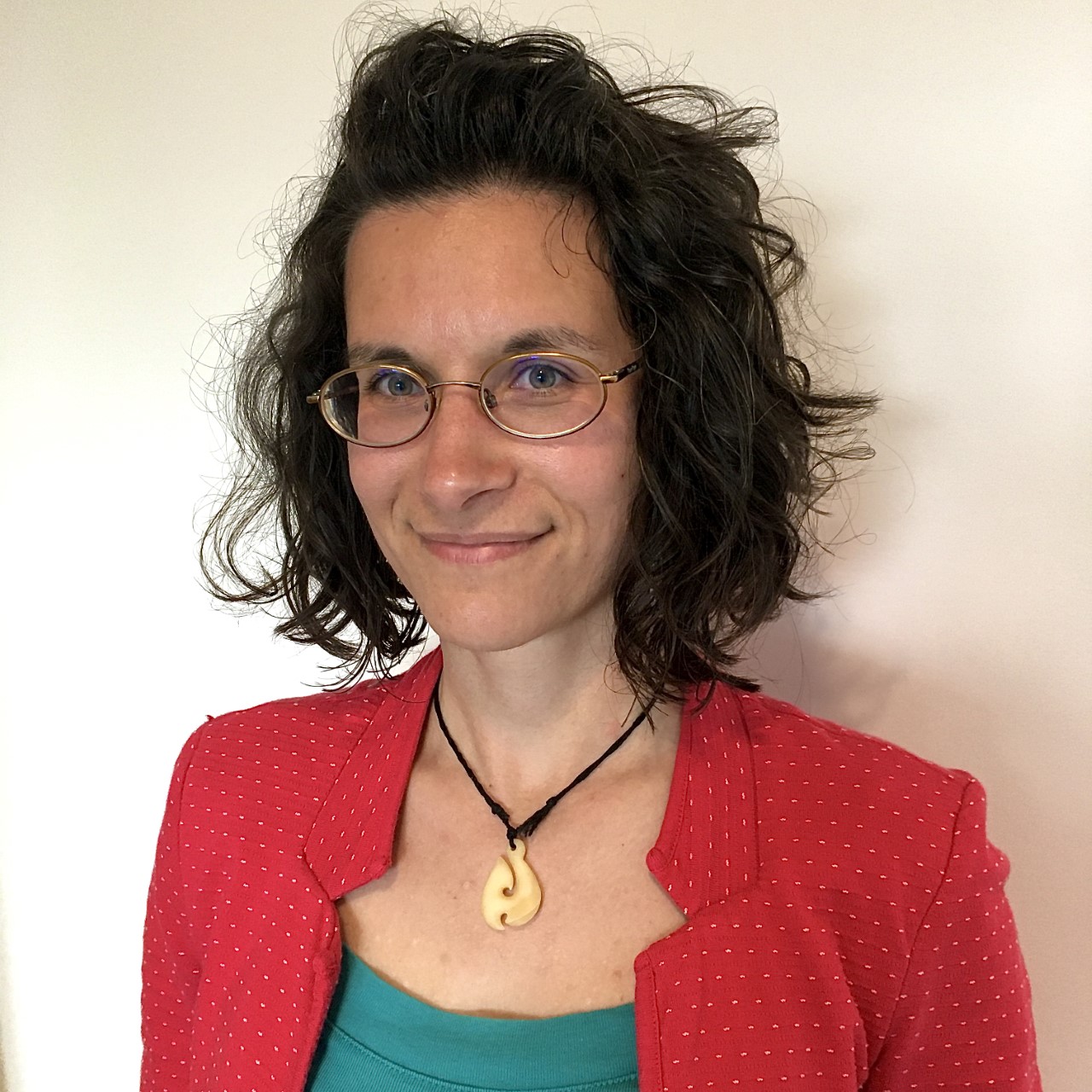
Abstract:
There is a constantly growing need for skilled professionals in the computing field, which poses challenges for finding the right people for the job. According to the 2022 Digital Economy and Society Index, 55% of companies have problems
filling their tech positions. At the same time, the computing sector is going through a diversity crisis, as the majority of its players are Global Northern, heterosexual, white, able-bodied, cis men. Technology permeates our lives, so a lack of diversity in the tech industry, especially when designing software, can lead to bias and exclusionary user experiences. As a consequence, we need to attract young people -- for instance, Generation Z (GenZ), born between the mid-1990s and the 2010s -- to computing. Moreover, there is a need for actions with a retention plan and a strategy to guide a more diverse group toward leadership roles both in academia and industry. Even though the awareness about Diversity, Equity, and Inclusion (DEI) is continually being raised, interventions that focus on inclusiveness are still necessary. With the present talk, the speaker aims to present EUGAIN, a Horizon Europe-sponsored COST Action, whose purpose is to create a European network that enhances gender balance and diversity in the field of computing. More specifically, she will focus on a recent intervention project, designed by the Action, with the aim of including younger people in computing. According to research, GenZ cares about social values and a meaningful contribution to society, that is, DEI, as part of their work. Within the frames of this project, the speaker and her team collected testimonials by stakeholders working in computing and performed content analysis to investigate to what extent the experiences listed by CS professionals and the interests of GenZ align with one another. Findings show that professionals in the field recognize the social embeddedness of computing, which aligns with younger students’ values and confirms that computing is a valid choice to achieve their goals of making a positive change in society. With this talk, the speaker is to contribute to a better alignment of how to design interventions for including younger people, thus enhancing diversity and gender balance in computing.
About the speaker: Anna Szlavi is a postdoctoral researcher at the Norwegian University of Science and Technology (NTNU), in Trondheim, Norway. Her research focuses on Diversity, Equity, and Inclusion (DEI), more specifically gender balance, in computing. With an interdisciplinary background, she approaches DEI through the lenses of intersectionality and explores specifically mentoring as a means of building diversity in computing. She is the Young Researcher and Innovator Coordinator of COST Action 19122 EUGAIN, a European-level project that aims to build a European network for gender balance in computing. In her role as the YRI Coordinator, she is building a peer support network for early career academics in order to enhance the retention and involvement of (cis and non-cis) women in computing. She is also in the Executive Committee of Erasmus+ project Women STEM UP, which concentrates on gender balance in STEM education. As the leader of WP3, Anna is responsible for supervising the creation of a Leadership and Inspiration Academy and mentorship system in the 5 European partner institutions.
Technological University Dublin – Case Study of Gender Balance Initiatives in Computer Science
Speaker: Susan McKeever, TUDublin (Ireland)
Watch the webinar here and download the presentation slides here.
Read More
Webinar Date: 24 Apr 2023 (Mon) at 5:00pm CEST
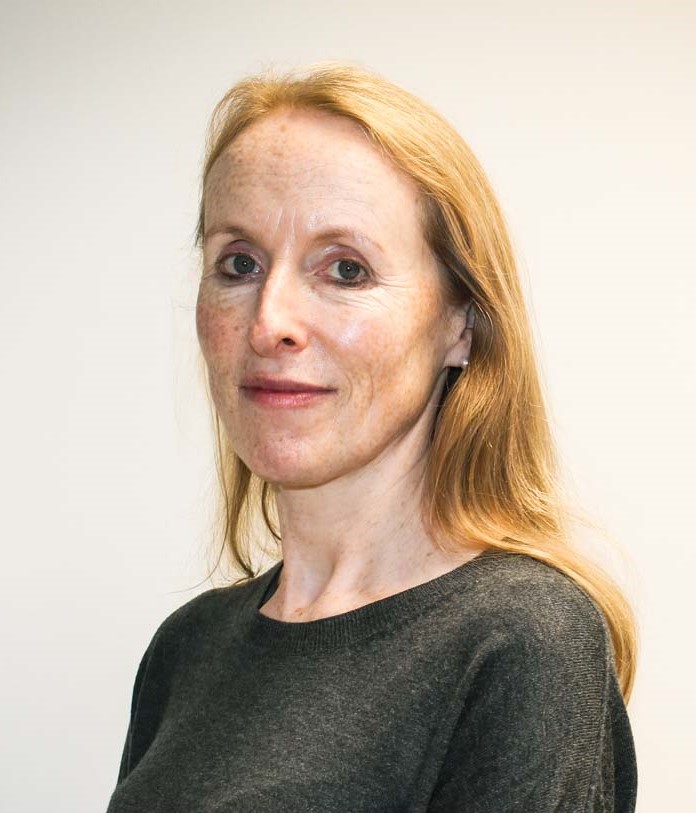
Abstract:
TU Dublin, like many universities, has faced the problem of imbalanced gender intakes in their computing courses. Over the past number of years, the School of Computer Science has undertaken a number of active steps to improve both the recruitment and retention of female students. The School has seen a marked improvement in gender balance, moving it to one of the top-performing computer science schools in the country in terms of gender balance. Their tactics have ranged from targeted programme offerings that attract females through to really putting themselves in the shoes of their female students to see how to make their college time a better experience. In this webinar, the speaker will take you through the details of what the School has done, and what they are continuing to work on – to bring and keep more females in the sector.
About the speaker: Susan McKeever is the Head of Data Science and AI in the School of Computer Science at TU Dublin School of Computer Science. She has a deep interest in addressing gender imbalance in STEM, and has led a number of initiatives that have contributed to TU Dublin’s high rankings on both student and staff gender balance in computer science. She coordinated a winning Minerva award initiative, and was a project member of the international W-STEM initiative to boost gender balance in South American universities. In addition to gender balance research and initiatives, her main research areas are in the area of application of machine learning and AI to real-world problems. Examples of current projects include abusive content moderation and child abuse detection in social media, and the application of AI to improve both heart problem detection and the development of eye health outcomes in premature babies. Prior to joining academia, Susan worked as a consultant for Accenture.
Alice & Eve/Recommendations on Hiring and Promoting Women for CS Departments
Speaker: Marieke Huisman, University of Twente (the Netherlands)
Watch the webinar here and download the presentation slides here.
Read More
Webinar Date: 23 January 2023 (Mon) at 5:00pm CET
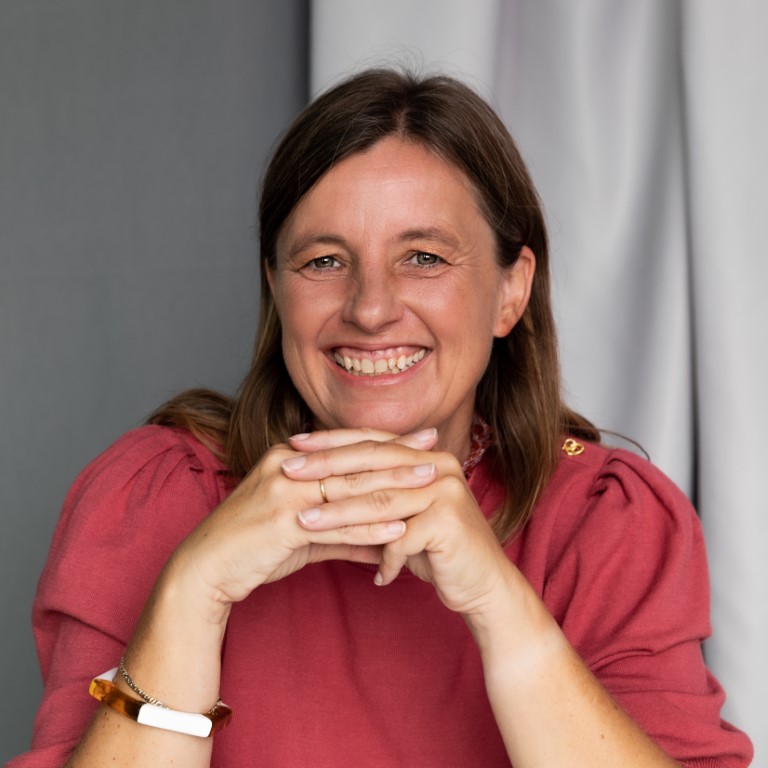
Abstract:
In this talk, Prof. Huisman will discuss two different initiatives related to diversity & inclusion, in which she has been involved over the last years.
In January 2020 the first Alice & Eve event at the University of Twente was organised. Alice & Eve, a celebration of women in computing in the Netherlands, was organized as a one-day event open to everybody, from Bachelor's and Master's students up to full professors. The event featured a symposium with contributions from and about female computer scientists, a poster contest and an exhibition portraying the achievements of 25 women in computing. The exhibition was accompanied by a booklet with more in-depth information about these 25 women. Alice & Eve is now turning into an annual event. Moreover, a digital version of the exhibition has been made, with added information about another 5 female computer scientists.
In 2021, the Dutch national working group on equity, diversity and inclusion in computer science choose the hiring and promotion of female researchers as one of her action points. Representatives of all Dutch CS departments have been interviewed about do’s and don’ts in their hiring practices. Based on these interviews, a report with concrete recommendations was created, which was then discussed with the heads of the Dutch computer science departments.
In this talk, Prof. Huisman will discuss both activities, talk about lessons learned and their future plans.
About the speaker: Marieke Huisman is a professor in Software Reliability at the University of Twente. She is well-known for her work on program verification of concurrent software. In 2011, she obtained an ERC Starting Grant, which she used to start development of the VerCors verifier, a tool for the verification of concurrent software. Currently, as part of her NWO personal VICI grant Mercedes, she is working on further improving verification techniques, both by enabling the verification of a larger class of properties, and by making verification more automatic. Since 2019 she is SC chair of ETAPS. Besides her scientific work, she also actively works on topics related to diversity, equity and inclusion, as well as science policy. She chairs the national working group on on equity, diversity, and inclusion in computer science, chaired the advisory board on diversity and inclusion at the University of Twente, and she also is a member of the executive board of VERSEN, the Dutch assocation of software researchers, and chaired this association from 2018 until 2021.
Removing Barriers and Strengthening Self-Assurance of Women in Computer Science:
From Discovery of Own Talent to Professional Confidence
Speaker: Ute Schmid, University of Bamberg (Germany)
Watch the webinar here and download the presentation slides here.
Read More
Webinar Date: 7 November 2022 (Mon) at 5:00pm CET
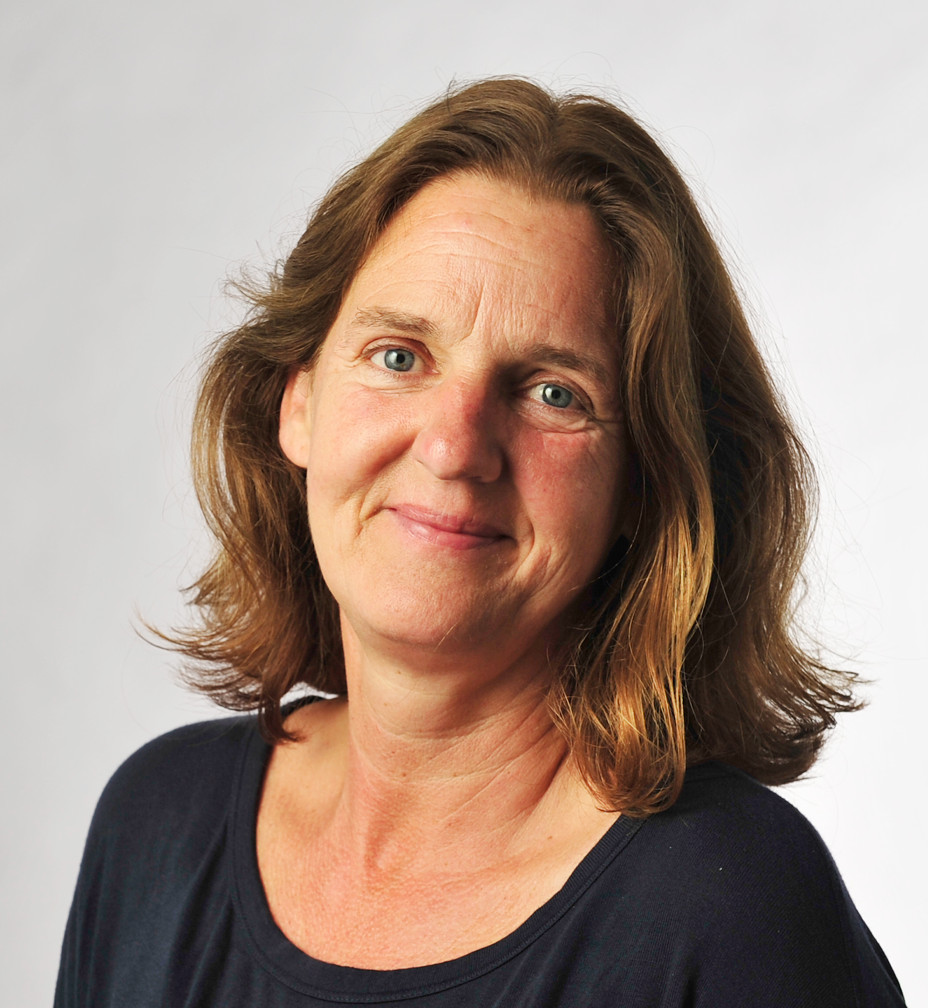
Abstract:
Despite a growing number of activities, women are still underrepresented in computer science in academia as well as industry. Consequently, continued effort is necessary to implement effective measures to encourage and to investigate barriers which hinder women to engage in computer science. In the talk, Ute Schmid will present different types of measures which are designed to (a) help young girls to discover their own talent and interest in computer science, and (b) encourage female students to persue more ambitious career plans and follow their vocational interests. Specifically, it will be discussed how role models can help to realize that pursuing an academic career or a leadership position in industry can be succesfully balanced with family responsibilities. Finally, empirical findings are presented which highlight how effective different measures are to strengthen self-assurance of women in computer science.
About the speaker: Ute Schmid is a professor of Applied Computer Science at University of Bamberg, leading the Cognitive Systems group. She has also a background in psychology and her research focus is in cognitive AI, mainly combining machine learning with knowledge-based approaches and methods for explanatory and interactive machine learning. Ute Schmid is women's represenative of her department since 2005 and in 2018 she won the Minerva Gender Equality Award of Informatics Europe for her university. She initiated a variety of measures to support women in computer science, such as regular hands-on workshops for girls of different age groups, a mentoring program pairing highschool students with computer science students, and an annual seminar for on gender aspects of informatics. Currently, she is involved in the European Network For Gender Balance in Informatics.
Challenges on Academic Path as Female Informatics Scientists
Speaker: Prof. Simona Motogna, Babes Bolyai University (Romania)
Watch the webinar here and download the presentation here.
Read More
Webinar Date: 10 October 2022 (Mon) at 5:00pm CEST
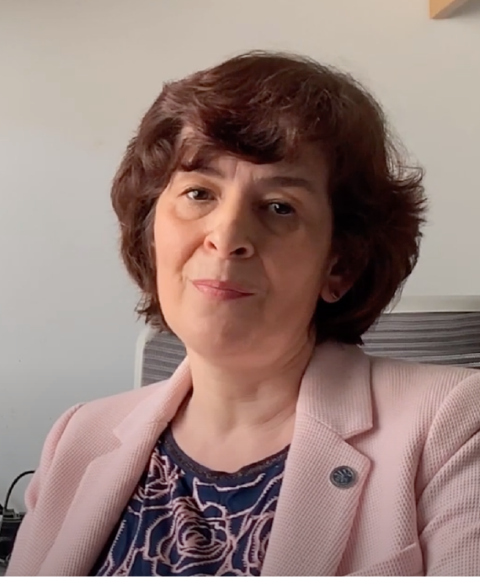
Abstract:
Higher education and public research institutions in Europe have encountered a o low interest of women for advanced studies or an academic career in Computer Science (CS). CS is a field intertwined with multiple dimensions of society, including the economic dimension and it has a reputation, corroborated by many studies over the years, of being a field in which men have been the makers of history. We try to identify which are the most important challenges that women perceive as threats and obstacles in their academic path in Informatics, and how can we build solutions to overcome them. We argue that only continuous and corroborated effort can have an impact on current status.
About the speaker: Simona Motogna is full professor in computer science at Babes Bolyai University, Cluj-Napoca and leads the Software Engineering research center. Her research interests focus on Empirical Methods and Software Quality. She is an active member of the COST EUGAIN project, advocating Gender Balance in Computer Science for highschools, students and academics.
Good Practices throughout Academic Careers: from PhD to Professor
Speaker: Steve Kremer, Inria (France)
Watch the webinar here and download the presentation here.
Read More
Webinar Date: 12 September 2022 (Mon) at 5:00pm CEST
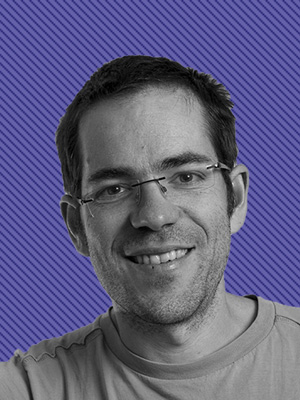
Abstract:
Despite growing awareness, women are still underrepresented in computer science. In this talk, we identify some of the key issues and problems, unpack reasons why women remain underrepresented, and detail strategies to improve gender balance and diversity throughout the academic career - from PhD to Professor. We also illustrate some of these strategies by existing initiatives. The work leading to these results was carried out by the Working Group "From PhD to Professor" of the COST Action EUGAIN CA19122 (European Network For Gender Balance in Informatics).
About the speaker: Steve Kremer is Research Director at Inria Nancy where he is the head of the PESTO team on proof techniques for security protocols. His research focuses on formal methods and automated reasoning applied to security, in particular the verification of security protocols. His research has been awarded an ERC Consolidator grant in 2014. Since 2018 he is co-leading Inria's Committee on Gender Equality and Equal Opportunities. He is also part of the COST Action EUGAIN CA19122 (European Network For Gender Balance in Informatics) in which he is in charge of Working Group 3 - From PhD to Professor.
Current Actions and Opportunities Emphasising Gender Equality in IT
Speaker: Asst. Prof. Lili Nemec Zlatolas, University of Maribor (Slovenia)
Watch the webinar here and download the presentation here.
Read More
Recording Date: 11 July 2022 (Mon) at 5:00pm CEST
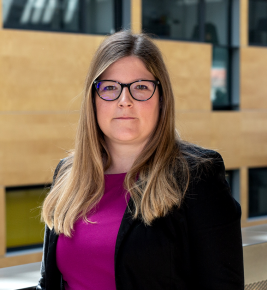
Abstract:
According to the European Commission’s Women in Digital Scoreboard, only 19% of ICT specialists and 33% of STEM graduates were female. The scoreboard confirms a substantial gender gap in specialist digital skills, and most worryingly, the figures have not changed over the last years. Gender-balanced teams usually have higher levels of productivity and better job satisfaction. Creating gender equality plans and following guidelines has been a priority for many institutions in the last few years because the European Commission introduced the Gender Equality Plan as a basic requirement for participants in the Horizon Europe programs. It is important that initiatives and projects are founded for reducing the gender gap in STEM fields. Even more important are indicators that organisations set to measure and reflect on their approach to reducing the gender gap and can be measured and reflected on. During the webinar, we will look at some of the existing initiatives and best practices as well as possible indicators to use.
About the speaker: Lili Nemec Zlatolas is an assistant professor in informatics at the Faculty of Electrical Engineering and Computer Science at the University of Maribor. She obtained her PhD on the topic of social networking sites’ privacy. Her research work covers gender balance in STEM, information privacy and security, mostly focusing on user aspects of it and the use of privacy and security while using information communication technologies. She is a founding member of the Ladies in Informatics initiative at her Faculty. She is currently involved in COST action EUGAIN (European Network For Gender Balance in Informatics), H2020 project CONCORDIA (Cyber security cOmpeteNCe fOr Resarh anD InnovAtion) and Erasmus+ projects CIC and DiT4LL and is holding a bilateral project with the USA on gender diversity in STEM. She has also been actively involved in organising several international conferences held in Slovenia (EJC 2009, EAEEIE 2011, EJC 2015, LTEC 2015, EAPRIL 2018, ADBIS 2019 and IFIP SEC 2020) and has received the title of Slovenian Congress Ambassador 2021.
Lessons on the Increasing Role of Diversity in Tech - the Story of Czechitas
Speaker: Barbora Bühnová, Vice-Dean at Faculty of Informatics, Masaryk University & Co-Founder of Czechitas (Czech Republic)
Watch the webinar here and download the presentation here.
Read More
Recording Date: 7 June 2022 (Tue) at 5:00pm CEST
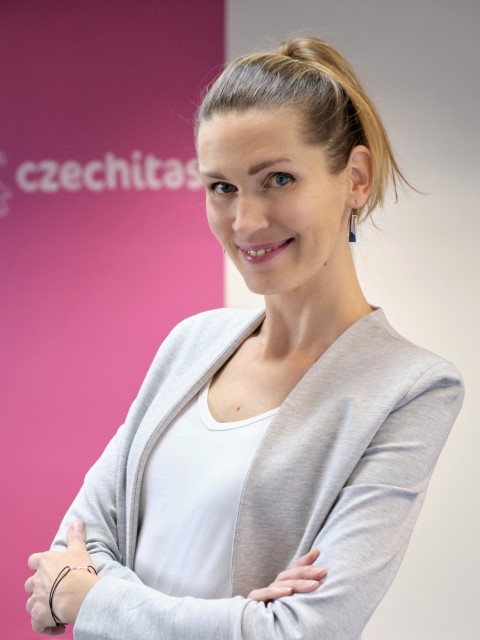
Abstract:
In an increasingly technology-driven world and a rapidly changing economic environment, tech/computing innovation and creativity cannot be cherished to its full potential if it is formed by homogeneous expertise. More so within the software engineering community, which needs to increasingly encourage innovation across boundaries. In this context, a question often comes up - Why do women choose particular interests, study programs and careers as alternative to tech/computer science? What are the triggers and benefits of these alternatives that tech/CS is lacking? In this webinar, Barbora Bühnová will share findings from a recent questionnaire study, revealing the frustrations that women feel along their way to tech/CS, whether they have stayed in, or have dropped out and are trying to re-establish the connection later. After identifying the frustrations, which all seem to be preventable, Barbora Bühnová will share a story of a non-profit organization, called Czechitas, which started with a simple idea of bringing tech closer to girls and girls closer to tech, and has over the past seven years transformed into a major social change in the Czech Republic, influencing over 30,000 women towards tech/CS education and career.
About the speaker: Barbora (Bara) Bühnová is an Associate Professor and Vice-Dean at Masaryk University (MU), Faculty of Informatics (FI MU) in Brno. Following her research career in Germany and Australia, she now leads multiple research teams at FI MU (software architecture, critical infrastructures). Next to her academic activities, she is passionate about tech education among general public, being a Co-Founding and Governing Board member of Czechitas, a non-profit organisation aiming at making IT skills more accessible to youth and women (with 30,000+ graduates). Bara is a member of multiple initiatives engaging more women in tech (e.g. Informatics Europe working group Women in Informatics Research and Education (WIRE), EUGAIN: European Network for Gender Balance in Informatics) reaching across the entire Europe. Within EUGAIN, which involves 37 European countries to share best practices on the topic, she is the Vice-Chair of the whole network. Furthermore, she is a devoted speaker and author of multiple research studies on gender-sensitive tech education.

 Netlogica
Netlogica